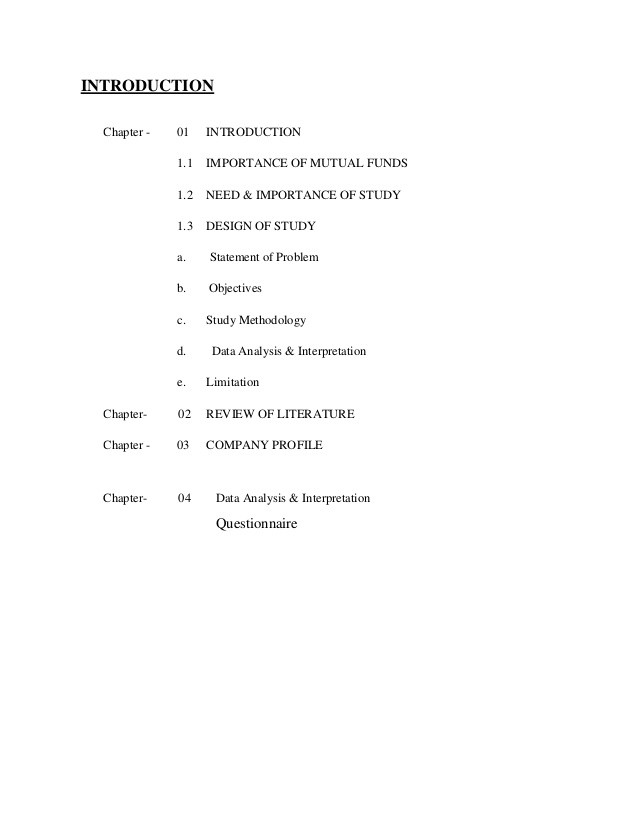The Importance of Mutual Fund MERs
Post on: 23 Июнь, 2015 No Comment

In response to a long-running debate on the merits of the Smith Manoeuvre. a financial planner made the following comment:
The best portfolio is a diversified portfolio, MER be damned.
What is MER?
The MER of a mutual fund or exchange-traded fund (ETF) refers to its M anagement E xpense R atio. It is calculated by adding up the management fees paid to portfolio manager, the trailer fees paid to your investment advisor, administration charges incurred in running a fund and GST/HST and dividing the total by the average value of assets in the fund and reported as a percentage.
For example, consider the XYZ High Fee Fund, which reported a MER of 3%. If the fund had an average of $100 million in assets, the MER implies that the fund cost investors in $3 million (3 percent of $100 million) in fees.
How is MER charged?
If you are a mutual fund (or ETF) investor, you do not pay MER directly to the fund manager. Instead, the fund manager deducts the MER from the mutual fund. In the example of the XYZ High Fee Fund, which has holdings totaling $100 million, the manager will effectively deduct $8,219 ($100 million x 3 percent ÷ 365 ) every day.
Notes on MERs
There are two items of note when it comes to MERs. First, MERs may be the biggest fees incurred by most investors but it is not the only one. Trading fees, for example, are not included in the MER but, nonetheless, it is a cost to the investor. Second, returns advertised or reported by mutual funds are always net of MERs. If XYZ High Fee Fund reports One Year returns of 5 percent, it means that an investor in the fund would have earned 5 percent over the previous year after indirectly paying all the funds expenses including MER and trading commissions.
Is MER important?
While the returns advertised by mutual funds already account for the MER, investors should still pay attention to how much fees they are paying because a higher MER does not mean a better product. In fact, many studies have demonstrated the opposite: the lower a funds fee, the better its odds of posting future returns that are better than average. As John Bogle likes to say: in mutual funds you dont get what you pay for. You get what you dont pay for.
The next time you are investing in a mutual fund, picking the one with the cheapest MER in its class will increase your odds of success. Better yet, you could simply pick the cheapest index fund.














